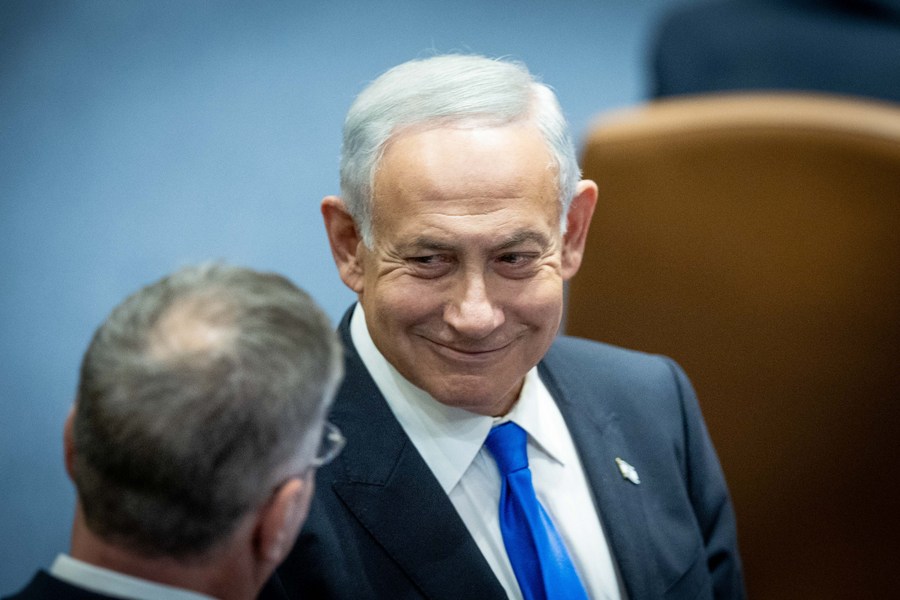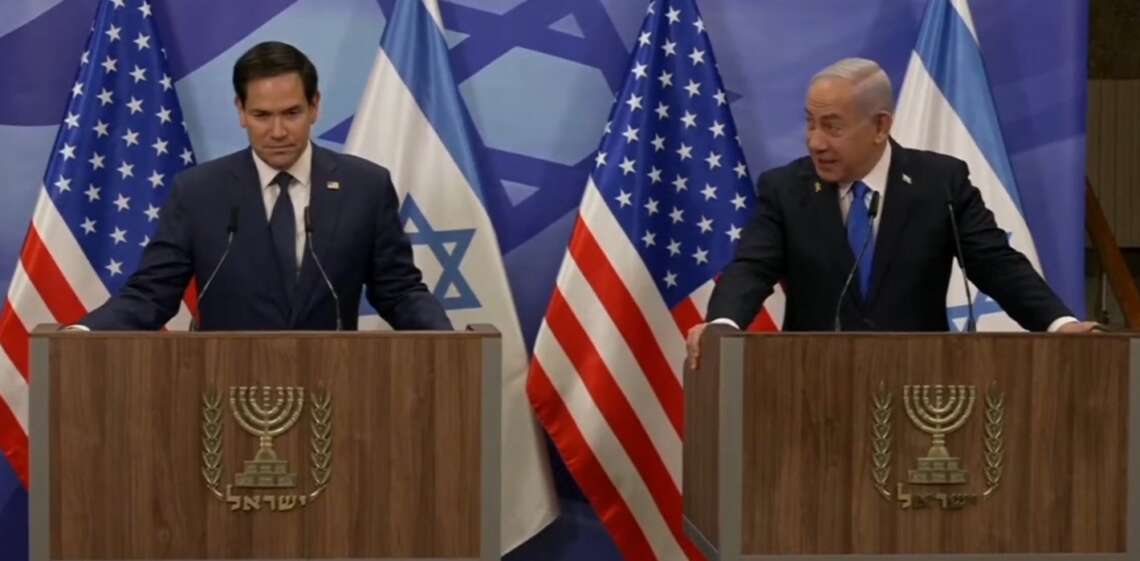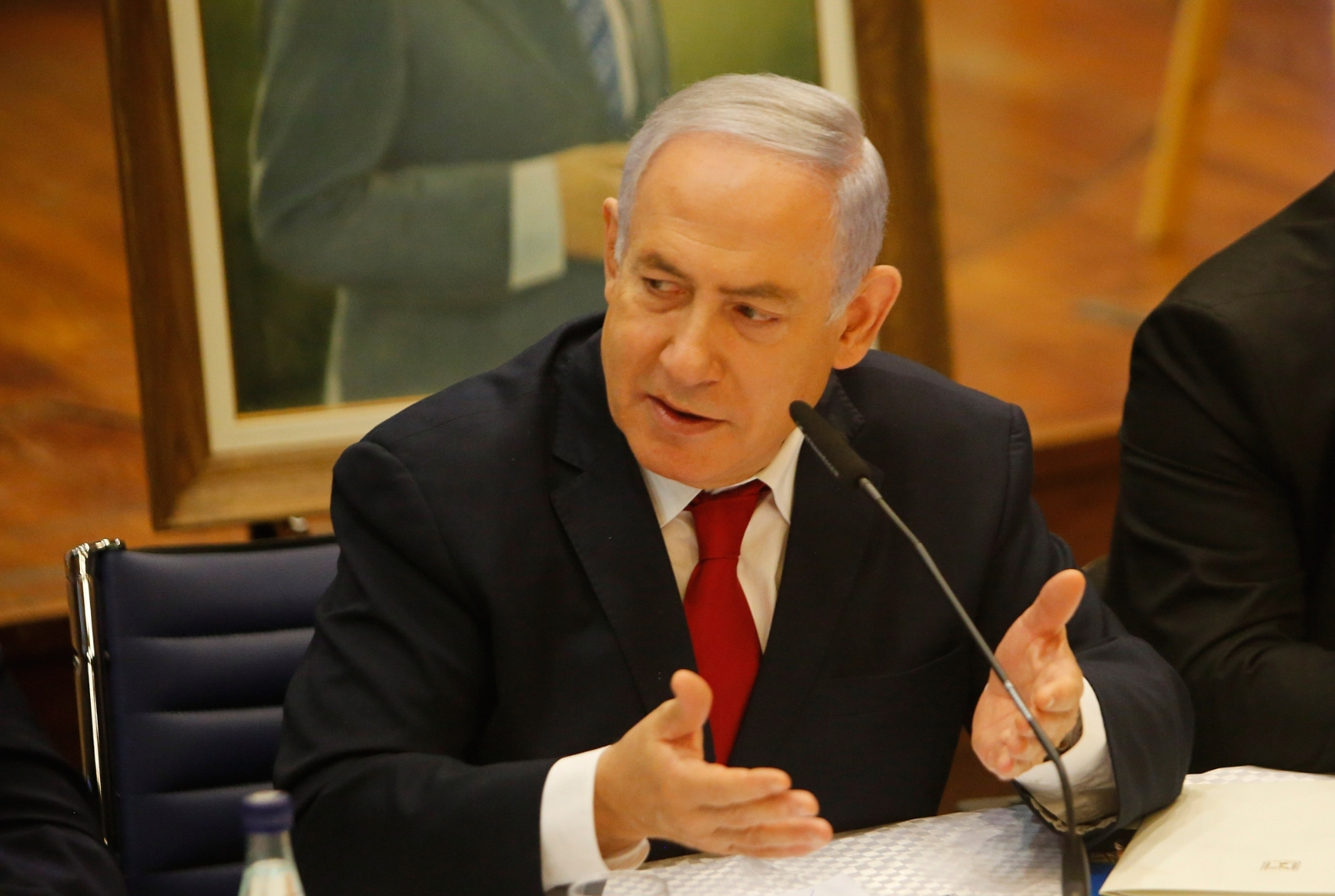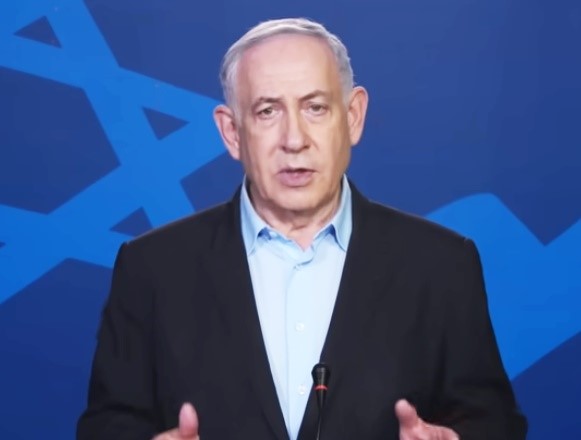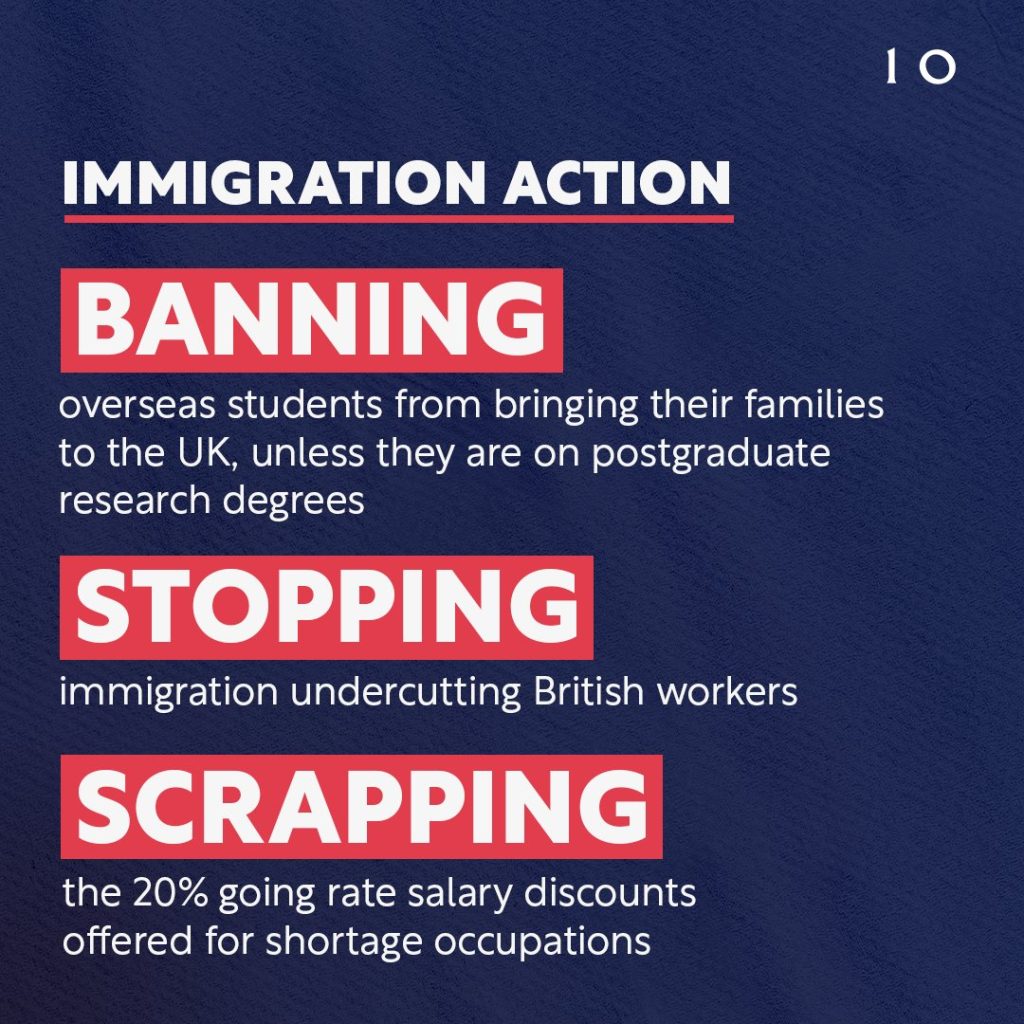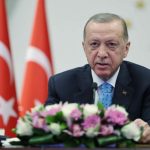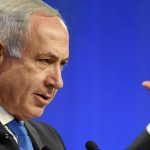Netanyahu, Israel’s longest-serving prime minister, is on trial for accepting bribes, fraud and breach of trust in three separate cases…reports Asian Lite News
Israeli Prime Minister Benjamin Netanyahu’s corruption trial resumed on Monday in Jerusalem after more than a two-month pause amid the Israel-Hamas conflict.
During the hearing, the Jerusalem District Court heard the questioning of a police investigator over the so-called “Case 4,000”, in which Netanyahu allegedly promoted regulatory benefits for Bezeq, Israel’s largest telecom company, in return for favorable coverage from a news website it owned.
The trial began in early 2020. The last hearing in the case took place on September 20, after which the court went on recess for the Jewish holidays. Subsequently, it did not reconvene due to the ongoing conflict, Xinhua news agency reported.
Netanyahu, Israel’s longest-serving prime minister, is on trial for accepting bribes, fraud and breach of trust in three separate cases, but he denies any wrongdoing.

